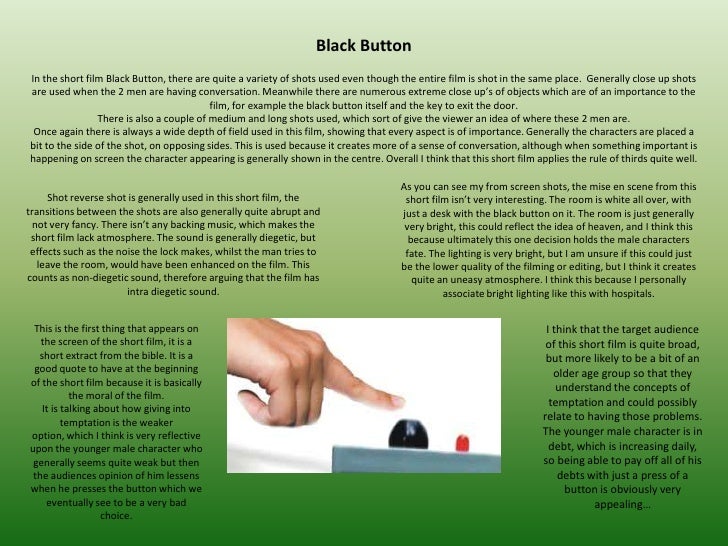
Capell collected Shakespeare first editions to evaluate them in historical terms, thus paving the way for twentieth-century Shakespearean bibliography. In England during this period, it was typically men of letters and of the church-from Nicholas Rowe via Alexander Pope, Lewis Theobald, Bishop Warburton, and Samuel Johnson, among others, to Edward Capell-who turned to the editing of Shakespeare’s plays and those of his fellow dramatists.

Their first care was the classical and medieval texts in Latin and Greek, but by the eighteenth century scholarly editing was equally practiced on vernacular texts. Such interpretive criticism of variant readings remained the mode of procedure for the humanist philologists who laid the early foundations of modern textual scholarship. Scribes interpreted texts as they copied them, and as they did so they often compared variant source document exemplars and, in the process, altered texts in transmission. Instead, the scriptoria of the proliferating centers of medieval learning were ruled by the pragmatics of the copyist. The subsequent Christian ages were long oblivious of the Hellenistic textual discipline. At the library, a school of textual scholarship established itself, with a strict fidelity to the letter in editing, but its systematic principles in the works of the librarian Aristarchus of Samothrace have for the most part not survived. The great library at Alexandria, before it was destroyed by fire, was the foremost treasury of manuscripts in classical antiquity. In the Western world, the tradition and practice of collecting, tending, and preserving records was first instituted in the Hellenistic period.

Textual criticism provides the principles for the scholarly editing of the texts of the cultural heritage.


 0 kommentar(er)
0 kommentar(er)
